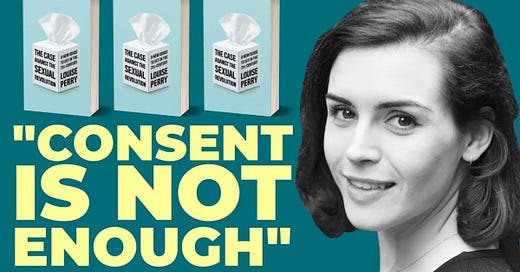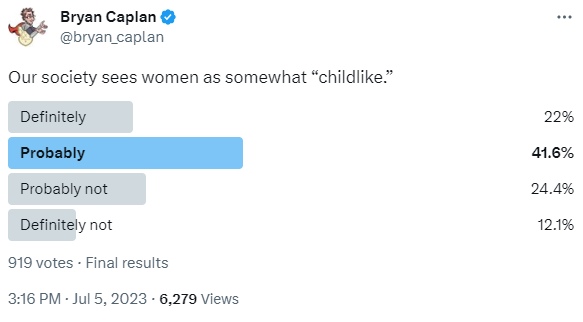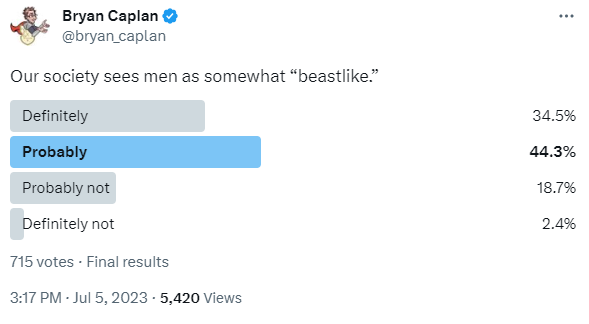When you write a book, you never forget that a human being wrote it… because the human being is you. You know how much time and thought you put into your work. And if you’re honest, you realize that your book is less-than-perfect. In a word, flawed. As a result, your worst fear is not that critics will point out your mistakes, but that no one will deem you worthy of correction.
When you review a book, in contrast, it’s easy to forget that another human being wrote it. You rarely ponder how much time and thought the author put into their work. What you’re hyper-conscious of as a reviewer, however, is all of the book’s perceived shortcomings. Most reviewers rarely even wonder, “Should I send the author a copy?” But if the thought strikes them, the natural response is: “What’s the point? After all my criticism, the author’s sure to hate me.”
Counterpoint: Especially if you acknowledge their book’s merits, many authors will focus not on your specific criticisms, but the fact that you took the time to listen. Which is why, when I review, I try to remember to reach out to the author. It doesn’t always work, but it’s worth a try.
When I wrote my review essay on Louise Perry’s The Case Against the Sexual Revolution, I tracked down her email and sent her a copy. I could easily understand why she might have just ignored me. But instead, Louise responded warmly, publicizing my review and asked me to speak on her Maiden Mother Matriarch podcast. Which turned out to be great fun.
In the interview, Louise critically interviews me about Don’t Be a Feminist. Along the way, I wind up interviewing her about her book, too. Lots of common ground. By most measures, she is a more extreme feminist than my other feminist critics. But Louise admits that my definition of feminism fits actual usage well, and that most popular feminist complaints are one-sided.
Our two big remaining disagreements, as I see them:
While she grants that “Our society treats men more fairly than women” is debatable at best, Louise keeps hunting for some vestigial sense in which this claim is true. She keeps emphasizing that women have lower status than men, even though men plainly predominate at the bottom of society. I say that what she calls “status insults” are, like almost everything else, a two-way street: If we tend to negatively stereotype women as “childlike,” we also tend to negatively stereotype men as “beastlike.”
For what it’s worth, both stereotypes check out in these two surveys, but the anti-male stereotype is stronger and more universal. Not to mention more insulting!
Louise focuses on what could go wrong, while I focus on what could go right. Yes, it’s easy to find fault with both genders. But outside of standup comedy, finding fault with the opposite sex is deeply unconstructive. I say that social anxiety and loneliness are much bigger problems than romantic disappointment. Truly, “You’ve got to kiss a lot of frogs.” Furthermore, instead of blaming online dating and the mating market generally for their suffering, singles should focus on using online dating and the mating market thoughtfully. In her writing, Louise says that she feels good when single women tell her that she helped them turn down casual sex. What I’d like to hear, though, is that I helped someone find true love.
Louise and I also cover my Selfish Reasons to Have More Kids and her forthcoming The Case for Having Kids, though I believe some of that discussion is for her paid subscribers only. Again, I maintain that she focuses far too much on the negatives of kids. My position continues to be: Raising kids is intrinsically easy; while many parents are stretched to their breaking point, the main reason is their stubbornly self-imposed painful parenting choices.
Here’s the full interview. Thanks for being so cool, Louise!






Maybe the discrepancy re status could be explained as follows. Males have a higher average status than females (due to most extremely high status people being male), while females have a higher median status. You focus on the median, while Perry is thinking of the average? This also fits with the point that high-status women are the ones with the most complaints.
"...stubbornly self-imposed painful parenting choices."
Oh, man! This is it, 100%. I'm a serial parent raisin my second child with my first one already 18 when the second was born. It's of course an opportunity to review all the mistakes I made and to improve on them, but the self-imposed parenting choices is just absolutely gob-smacking. All of the child-play interruptions to make sure their kid says please/thank you, the total involvement in their activities to signal they are good parents, the expectation that kids will follow orders and the collapse into defeat when they don't.
I've described it as parents treating children like dogs (good dogs, of course) not future adults. Addressing my current 7 yo as a person of whom we have expectations and whom we also trust explicitly has paid off in huge dividends, if for no other reason than we all get along and have little stress in our household. If we have an issue with her behavior, we describe in terms of expectations and responsibilities and never in a way which will embarrass her. We see our relationship as inherently collaborative.
When you see your child as an adult-to-be, you often realize that the behaviors that need to change are your own.